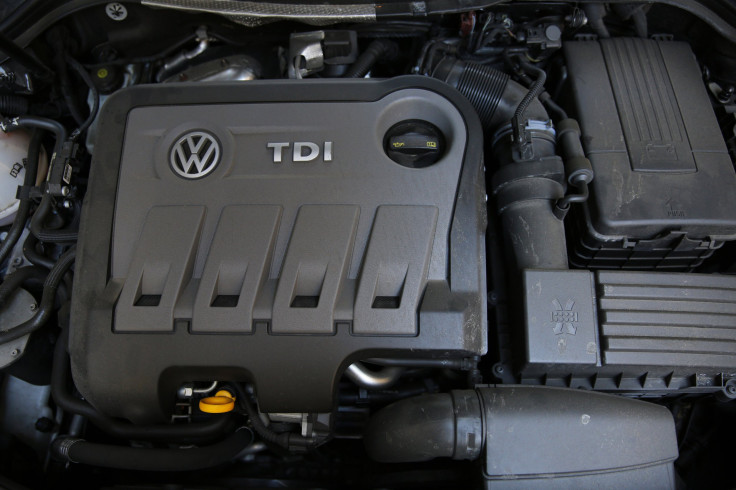Diesel Car Scandal Update: Honda, Mazda, Mercedes-Benz And Mitsubishi Emit More Emissions On Road Than In Tests

Road tests have revealed that diesel car models from four major manufacturers have been emitting more pollution that previously thought, according to a report released Friday by the Guardian. Models from Honda, Mazda, Mercedes-Benz and Mitsubishi thought to test well on emissions tests actually tested worse when they were driven on the road in more realistic conditions.
The British-Based company Emissions Analytics did the testing. Unlike the Volkswagen diesel emissions scandal, none of the companies were accused of installing technology in their vehicles designed to cheat on emissions tests.
“The VW issue in the U.S. was purely the trigger which threw light on a slightly different problem in the European Union— widespread legal over-emissions,” Nick Molden, founder and CEO of Emissions analytics, said to the Guardian.
Volkswagen was found to have installed technology to cheat on emissions tests, which affected 11 million diesel vehicles across the world, according to the Associated Press. About 8 million diesel cars in the EU had the cheating software, according to Reuters.
Some Mercedes-Benz models released about five times more pollution than the latest diesel emission limits. Some Honda diesel models released between 2.6 and six times the allowable levels, according to data obtained by the Guardian.
The Mazda and Mitsubishi models tested had lower emissions. Mazda’s tested diesel cars had between 1.6 and 3.6 times test levels of the EU’s lab-based tests, and the Mitsubishi models tested had between 1.5 and 3.4 times the emissions tested in the lab.
A Honda spokesperson told the Guardian that the company tests cars in accordance with European legislation, and a Mazda spokesperson said Mazda tries to make sure all its vehicles comply with emissions regulations. A Mitsubishi spokesperson said the EU’s lab-based test was not meant to represent driving in the real world.
No impact on used VW diesel car prices in Europe from scandal: survey http://t.co/fCXijRHw3t
— Reuters Business (@ReutersBiz) October 9, 2015
“Since real-world driving conditions do not generally reflect those in the laboratory, the consumption figures may differ from the standardized figures,” a Mercedes-Benz spokesperson told the Guardian.
© Copyright IBTimes 2024. All rights reserved.











